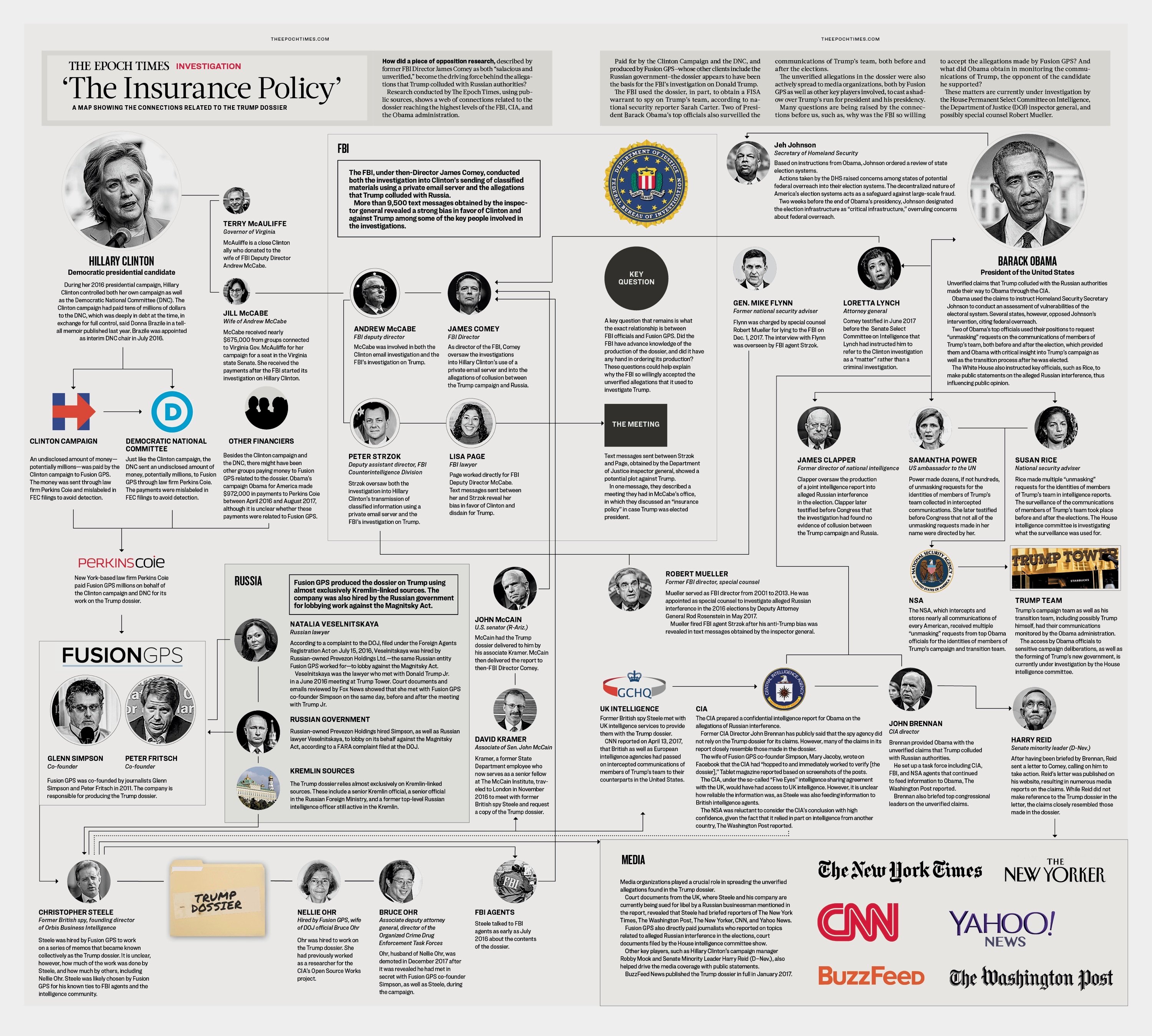
This story of a newspaper frankly admitting its award-winning work was not in fact “prizeworthy” suddenly has huge relevance today. He said what Duranty had done was shameful: “It was a parroting of propaganda. But that act would have been fine with Bill Keller, who was executive editor of the Times in 2003. The Pulitzer board ultimately did not revoke Duranty’s award. Here is the lead sentence of an article Duranty wrote in 1933: “The excellent harvest about to be gathered shows that any report of a famine in Russia today is an exaggeration or malignant propaganda.” Historians have chronicled that Duranty’s reporting during his years in Moscow was subject to heavy censorship by Soviet officials who omitted coverage of Stalin’s brutal treatment of perceived opponents and critics, and his role in a famine that killed millions in the Ukraine in 19 after the government “collectivized” - took over - farms. Details regarding the charges Danchenko is facing were not immediately available.In 2003, the board of the Pulitzer Prizes considered revoking the prize it had awarded in 1932 to Walter Duranty of The New York Times for his favorable, even fawning coverage in 1931 of the Soviet Union and its leader, Joseph Stalin. The dossier, originally compiled as opposition research against Trump's presidential candidacy, created an international scandal when it was published by BuzzFeed News 10 days before Trump was sworn into office.ĭanchenko was taken into custody Thursday. The indictment says Danchenko's lies were material to his interviews with the FBI because their investigation of the Trump campaign "relied in large part" on the Steele dossier to obtain FISA warrants against former Trump adviser Carter Page, and that "the FBI ultimately devoted substantial resources attempting to investigate and corroborate the allegations contained" in the dossier.

The indictment alleges that "as he well knew, never spoke" with the president of the Russian-American Chamber of Commerce, and he was lying when he suggested otherwise to the FBI. The indictment also accuses Danchenko of lying when he told the FBI that he had received an anonymous call in July 2016 from a citizen who he believed to be president of the Russian-American Chamber of Commerce, and who provided him information about possible Trump-Russia ties that Danchenko later passed along to Steele. In the indictment handed down by a federal grand jury and signed by Special counsel John Durham, Danchenko is accused of falsely telling the FBI he had never communicated with an unidentified U.S.-based individual "who was a long-time participant in Democratic Party Politics" about any allegations included in the dossier - whereas the indictment says Danchenko had actually sourced one or more of the allegations to that individual.

Trump has vehemently denied the claim and no evidence has surfaced to support the allegation.ĭanchenko has been charged with five separate counts of making false statements to the FBI in interviews where he discussed how he obtained information that he later provided to Steele for inclusion in the dossier. Igor Danchenko, a Russian national living in the U.S., has previously defended his role in gathering information that Steele used in his dossier, including the salacious claim that Russian officials may have had a videotape of Trump watching prostitutes in a hotel room during a 2013 trip to Moscow.


 0 kommentar(er)
0 kommentar(er)
